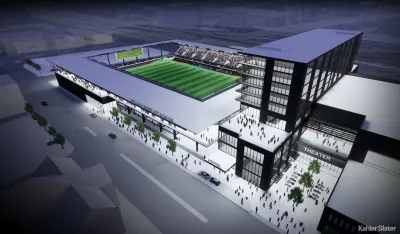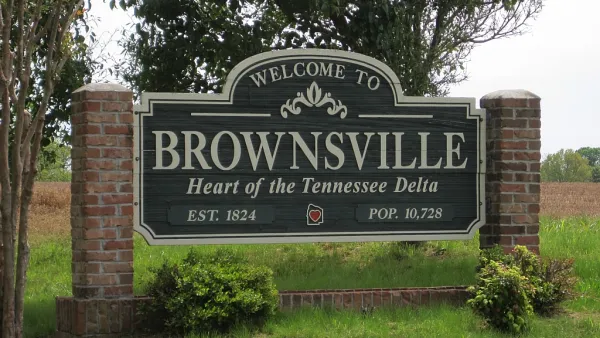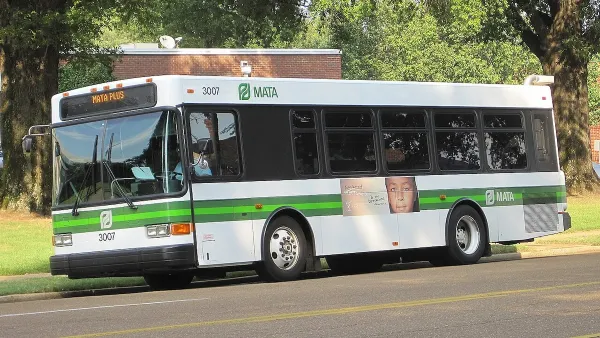While their developers often tout jobs and local economic development as benefits of major stadium projects, research shows these venues often make little impact on local economies.

As Milwaukee debates the merits of a $160 million soccer stadium development that will likely require public funding, Graham Kilmer, writing in Urban Milwaukee, points out that “Academic economists almost universally agree that sports projects do not generate new jobs or income for a city.”
Furthering this point, a new report from the Center on Wisconsin Strategy (COWS) “relies on two studies that show the majority of economists agree that sports projects do not actually provide the benefits touted by developers and the report lays out five soccer stadium projects across the U.S. in the last five years, which together have received $500 million in public money.”
According to experts, sports venues don’t produce the expected economic benefits for two main reasons: the substitution effect, which holds that the money spent on sports would be spent on other entertainment in the area, and leakage, wherein public investment “leaks out of the community” via high salaries that are spent outside the local area.
“If public officials are looking for projects to stimulate growth, they should look to infrastructure and education, according to the St. Louis Fed paper [analyzed in the COWS study].” COWS and their collaborator, the Milwaukee Area Service and Hospitality Labor Organization (MASH), argue that “Milwaukee policy makers should look at what kind of benefits they can gain for the community if they consider financing the project.”
FULL STORY: Report Finds Little Economic Impact From Stadium Projects

Analysis: Cybertruck Fatality Rate Far Exceeds That of Ford Pinto
The Tesla Cybertruck was recalled seven times last year.

National Parks Layoffs Will Cause Communities to Lose Billions
Thousands of essential park workers were laid off this week, just before the busy spring break season.

Retro-silient?: America’s First “Eco-burb,” The Woodlands Turns 50
A master-planned community north of Houston offers lessons on green infrastructure and resilient design, but falls short of its founder’s lofty affordability and walkability goals.

Test News Post 1
This is a summary

Analysis: Cybertruck Fatality Rate Far Exceeds That of Ford Pinto
The Tesla Cybertruck was recalled seven times last year.

Test News Headline 46
Test for the image on the front page.
Urban Design for Planners 1: Software Tools
This six-course series explores essential urban design concepts using open source software and equips planners with the tools they need to participate fully in the urban design process.
Planning for Universal Design
Learn the tools for implementing Universal Design in planning regulations.
EMC Planning Group, Inc.
Planetizen
Planetizen
Mpact (formerly Rail~Volution)
Great Falls Development Authority, Inc.
HUDs Office of Policy Development and Research
NYU Wagner Graduate School of Public Service




























